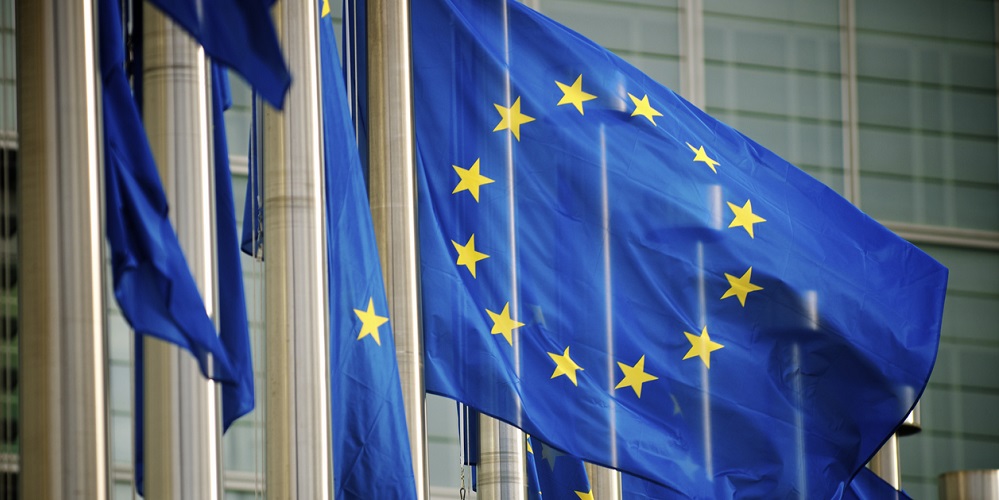European Parliament gives green light to Directive on Corporate Sustainability Due Diligence

The directive regulates companies’ obligations relating to actual and potential adverse human rights and environmental impacts, liability for breaching such obligations and the requirement that companies adopt and put into effect a transition plan to mitigate climate change.
In the last plenary session of the ninth legislature held on April 24, 2024, the European Parliament has adopted the proposal for a Directive on Corporate Sustainability Due Diligence. We highlight below the key aspects of the new directive, according to the text published.
Purpose
The directive regulates:
- companies’ obligations regarding actual and potential human rights and environmental adverse impacts, with respect to their own operations, the operations of their subsidiaries and those carried out by companies in their chain of activities;
- liability for breaches of the above-mentioned obligation; and
- companies’ obligation to adopt and put into effect a transition plan for climate change mitigation which aims to ensure compatibility of the business model and strategy of the company with the transition to a sustainable economy and with the limiting of global warming to 1.5° C.
Definition of “chain of activities”
One of the key aspects of the negotiations conducted during the legislation’s passage has been determining of the scope of due diligence in the value chain, now called the chain of activities.
For these purposes, “chain of activities” is defined as follows:
- activities of a company’s upstream business partners related to the production of goods or the provision of services by the company, including the design, extraction, manufacture, transport, storage and supply of raw materials, products or parts of the products and development of the product or the service, and
- activities of a company’s downstream business partners related to the distribution, transport, storage and disposal of the product, in the event that such business partners carry out these activities for the company or on behalf of the company.
Scope of application
The companies that will be included within the scope of application of the directive will be, on the one hand, companies formed in the European Union that fulfill one of the following conditions:
- the company had more than 1,000 employees and a net worldwide turnover of more than EUR 450 million in the last financial year;
- the company did not fulfill the above condition but is the ultimate parent company of a group that reaches the above thresholds in the last financial year; or
- the company entered into franchising or licensing agreements that ensure a common identity, concept and methods, where the royalties received under such agreements amounted to more than EUR 22.5 million and the net worldwide turnover was more than EUR 80 million, in both cases in the last financial year. The parent company of a group that has entered into these agreements will also be included in this indent where the above-mentioned conditions are fulfilled.
The directive will also be applied to non-EU companies in the following cases:
- if they generated a net turnover of more than EUR 450 million in the European Union in the financial year preceding the last financial year;
- the company did not fulfill the above condition but is the ultimate parent company of a group that reaches the above thresholds;
- if the company or the ultimate parent company of a group entered into franchising or licensing agreements that ensure a common identity, concept and methods, where the royalties received under such agreements amounted to more than EUR 22.5 million and provided that the company (or parent company of a group) generated a net turnover of more than EUR 80 million, in both cases in the European Union and in the financial year preceding the last financial year.
In the case of groups of companies, the directive offers the possibility of the parent of the group being the one to fulfill the obligations provided that it ensures effective fulfillment by all the relevant companies of the group and certain requirement are met.
What obligations does the directive impose on companies?
The approved proposal for a directive establishes the obligation for companies falling within its scope to draw up a due diligence policy to ensure risk-based due diligence, which should contain a description of the company’s approach, a code of conduct and a description of the processes established to implement it.
Beyond implementing this policy, which the company should develop in prior consultation with the company’s employees and their representatives, the company must integrate due diligence into its risk management systems.
In addition to the above, as part of the process, the company should identify, prioritize, prevent, mitigate, bring to an end and remediate the actual or potential adverse human rights and environmental impacts generated by its own activities, those of its subsidiaries and those of its chain of activities.
Companies should also set up a whistleblowing procedure, regularly monitor the effectiveness of their policy and their due diligence measures and report on these obligations by publishing an annual statement on their website.
When implementing the due diligence process, companies should consult with stakeholders, which include the company’s employees, the employees of its subsidiaries, trade unions and workers’ representatives, consumers and other individuals, groups, communities or entities whose rights or interests are or could be affected by the products, services and operations of that company, its subsidiaries and its business partners, including the employees of the company’s business partners, trade unions and workers’ representatives, national human rights and environmental institutions, civil society organizations whose purpose includes the protection of the environment, and the legitimate representatives of those individuals, groups, communities or entities.
Supervisory authorities and penalties
The proposal for a directive states that Member States shall designate an authority to supervise compliance with the obligations laid down in the legislation and such authority shall have at least the power to order the cessation of infringements, impose penalties and adopt interim measures in case of imminent risk of severe and irreparable harm.
Member States should establish the applicable penalties regime. Penalties should be effective, proportionate and dissuasive. The maximum limit of pecuniary penalties shall be not less than 5% of net worldwide turnover.
Civil liability and the right to full compensation for damage
Member States shall ensure that a company can be held liable for a damage caused to a natural or legal person, provided that:
- the company intentionally or negligently failed to comply with the obligations laid down in the directive; and
- as a result of a failure, damage was caused to the natural or legal person’s legal interest protected under national law.
A company cannot be held liable if the damage was caused only by its business partners in its chain of activities.
Where the company was held liable, a natural or legal person shall have the right to full compensation for the damage occurred, which may not lead to overcompensation.
Entry into force and implementation periods
This directive will enter into force on the twentieth day following that of its publication in the Official Journal of the European Union, although the Member States will have 2 years to transpose it.
In addition, different implementation periods are established depending on the size of the company. Accordingly, companies included within its scope of application will have to comply with the directive within the following periods from its entry into force:
- 3 years, in the case of companies formed in the European Union with more than 5,000 employees and a net worldwide turnover of more than EUR 1,500 million in the last financial year and, in the case of non-EU companies, where they generate a net turnover of more than EUR 1,500 million in the Union, in the financial year preceding the last financial year.
- 4 years, in the case of European companies with more than 3,000 employees and a net worldwide turnover of more than EUR 900 million in the last financial year and, in the case of non-EU companies, where they generate a net turnover of more than EUR 900 million in the Union, in the financial year preceding the last financial year.
- 5 years, in the case of all other EU and non-EU companies falling within the scope of the directive.
Next steps
Following approval by the European Parliament, the Council will need to proceed accordingly before the directive is published in the Official Journal of the European Union.
Contacts


